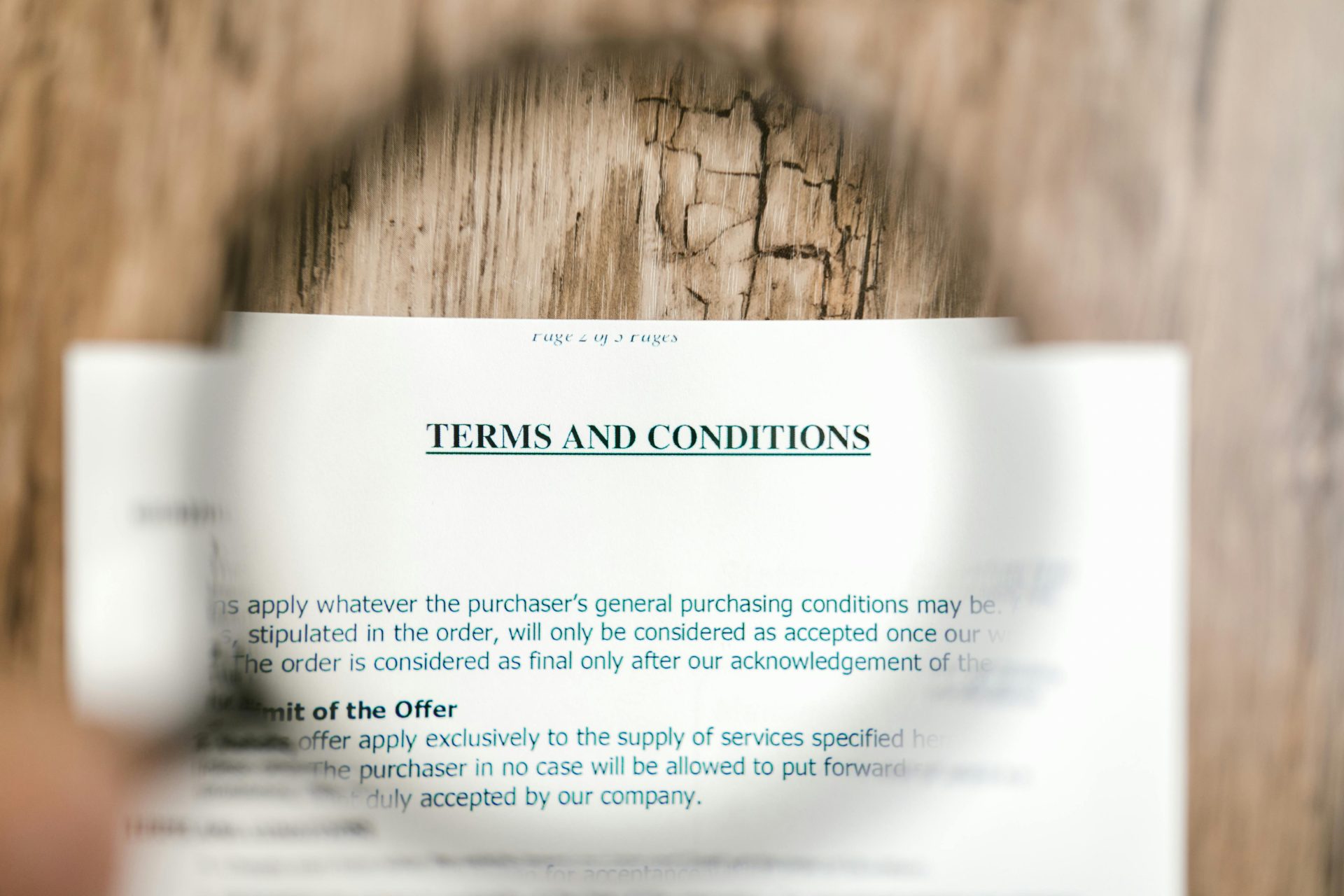Strategies for Successfully Navigating Regulatory Compliance in Emerging Markets
This is a guest post by Melissa Carter.

International businesses are optimistic about the expansion into emerging markets that offer rapidly developing economies and growing middle classes. However, these opportunities draw distinct challenges, mostly in regulatory compliance.
The tangle of local and national regulations, ever-changing legislation, and complex legal systems make entering into these markets a nightmare. Avoiding regulatory infractions that are expensive and can shut down business activities while cultivating a business reputation of trust with communities and local authorities hinges upon a clear, methodical action plan for the journey through the regulation.
Understanding the Regulatory Landscape in Emerging Markets
The regulatory landscape of emerging markets displays diverse characteristics across their systems. A market-specific regulatory framework controls every aspect of business operations, including regulatory practice, taxation, labor standards, environmental requirements, and trade rules. The regulatory policies between regions and national jurisdictional areas alongside municipalities exhibit substantial variation.
When new markets draw business interest, companies must spend time and financial resources understanding their local regulations beforehand. You must analyze your industry’s legal structure in addition to studying potential dual effects between national and regional laws before you identify which international standards affect your operations. Through interactions with experts and industry associations, customers can access insights that enable them to know and handle compliance risks.
Building Relationships with Local Authorities
Establishing solid connections with local government representatives benefits companies that start operations in new emerging market environments.
Federal regulators tend to partner with companies that actively demonstrate their commitment to comply with and honor local laws.
Early establishment of open dialogue will create smoother operations by building trust and giving your business a positive reputation as a responsible market entry. Industry events and local forums serve as platforms for building essential marketplace connections.

Staying Informed About Policy Changes
Contemporary regulatory landscapes in emerging markets tend to change dynamically because of economic reforms, political evolutions, and modifications in social systems.
It’s a vital function of companies to track regulatory alterations. The lack of compliance with new regulations leads organizations to pay fines and face operational challenges while damaging their reputation.
Your business can stay updated through two strategies: investing in monitoring technology and subscribing to regional sources with reliable informational updates.
When you partner with dedicated compliance staff, your regulatory compliance procedure can become more efficient. Your organization should work with professionals who evaluate operational impacts and create strategies to meet new requirements without upsetting your core business operations. Local consultants and legal experts from the country help your business navigate through changes in regulations effectively.
Leveraging Local Expertise and Legal Counsel
Remain vigilant about understanding emerging market laws because achieving regulatory compliance demands deeper insights than initial knowledge gives a business.
Local business lawyers and consultants who understand the industry sector should be your first step in maintaining compliance. Detailed knowledge about local regulatory frameworks and an authentic understanding of regional social customs inform the specialist interpretation and enforcement of regulations.
Your local experts will help you understand key labor regulations for staff hiring and tax obligations for your business model and supplier or contractor dispute resolution. The expert insights and guidance they provide help your business save time while also minimizing risks and staying legal.
Aligning Corporate Strategy with Local Practices
Compliance extends beyond legal requirements and involves aligning your corporate strategy with local customs and business practices. Understanding cultural expectations and adapting to the market’s norms can significantly affect how your business is perceived. This alignment helps foster goodwill, demonstrating to stakeholders that your company respects and values the local community.
For instance, businesses operating in environmentally sensitive regions may need to adopt sustainable practices to align with local expectations and regulations. Similarly, understanding local labor laws and offering fair employment practices can help build a positive reputation and avoid potential legal disputes.
Utilizing Technology to Streamline Compliance Processes
Technology is changing the way that businesses maintain regulatory compliance. Often, emerging markets come with several layers of compliance requirements that can make manual tracking and reporting of these requirements inefficient and prone to errors. Compliance management software can assist those in the business world in automating processes while tracking updates in regulations and making sure records are accurate.
Partnering with Trusted Local Vendors
A pertinent method for ensuring compliance is through cooperation with trusted local vendors. These partners tend to be familiar with local regulations and are very useful in supporting operational aspects of compliance. Now, this expertise can help reduce risks and make vendor operations smoother from procurement to logistics.
When expanding into new markets, logistics often play a crucial role in compliance. For instance, choosing a reliable logistics provider like SkyEx Moving and Storage Atlanta can be essential when managing the transport of goods across borders. Their knowledge of customs regulations and shipping requirements ensures that your supply chain remains compliant and efficient. Of course, Universal Cargo’s 40 years of experience as a trusted freight forwarder can help you smoothly import and export goods in compliance with local regulations as well.
Handling Logistics and Supply Chain Challenges

The supply chain is vital to regulatory compliance, particularly in emerging markets where infrastructure and regulatory oversight may be less consistent or even volatile.
Businesses must ensure that every aspect of their supply chain adheres to local and international standards. This includes verifying the licensing and certifications of suppliers, adhering to customs regulations, and maintaining proper documentation for all transactions.
Businesses must be wary because supply chain disruptions, such as customs delays or misinterpreting regulations, can lead to compliance breaches. Establishing clear communication channels with logistics providers and investing in contingency planning helps mitigate these risks.
Implementing a Robust Internal Compliance Program
A solid internal compliance system ensures that every member of your organization meets its regulatory obligations. Regular training sessions should be used to inform employees of local laws, industry standards, and internal policies.
Clearly articulated procedures and reporting mechanisms for employee compliance-related concerns enable employees to take action preemptively to minimize the possibilities of violations.
Periodic audits and assessments are also key elements of a successful compliance program. These reviews identify gaps within your processes and allow you to improve them before regulatory issues even arise.
Cultivating an Ethical Business Culture
An ethical business culture is the foundation of long-term compliance success, and should be part of any sound business anyway. Businesses that prioritize transparency, integrity, and accountability are better equipped to navigate regulatory challenges. Ethical practices foster trust with regulators and strengthen relationships with employees, customers, and partners.
Promoting ethical behavior starts with leadership. When executives and managers model ethical decision-making, it sets the tone for the organization. Ethical businesses are more likely to weather compliance challenges and adapt to changing regulations without compromising their values.
Conclusion: Thriving Through Regulatory Compliance
Emerging markets hold great potential for businesses but require a willingness from businesses to navigate their complexities. Regulatory compliance, while challenging, can actually become a competitive advantage with the right strategies in place.
By understanding the regulatory landscape, leveraging local expertise, embracing technology, and fostering an ethical culture, businesses can establish a strong foundation for success. Proactive planning and adaptability are the keys to thriving in new markets and ensure that compliance becomes an enabler of growth rather than a barrier.
This was a guest post by Melissa Carter.
Author Bio
Melissa Carter is a seasoned copywriter and business strategist passionate about simplifying complex topics. She specializes in creating engaging, informative content that helps businesses thrive in global markets.





